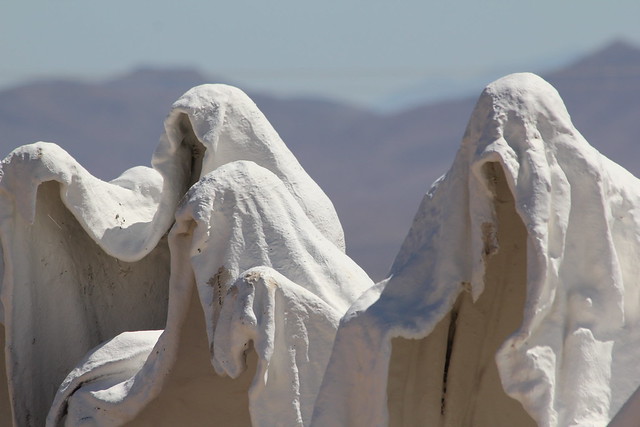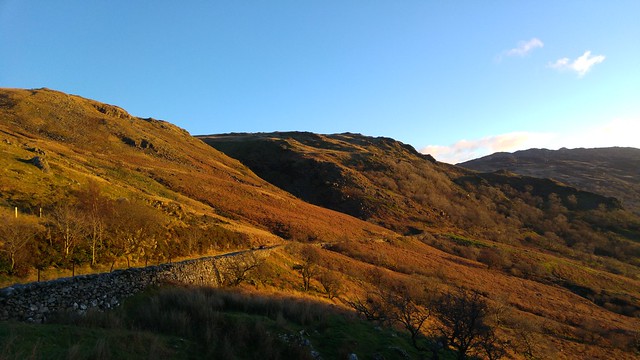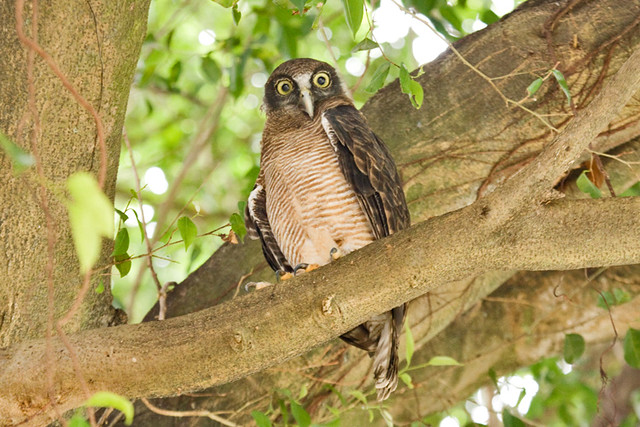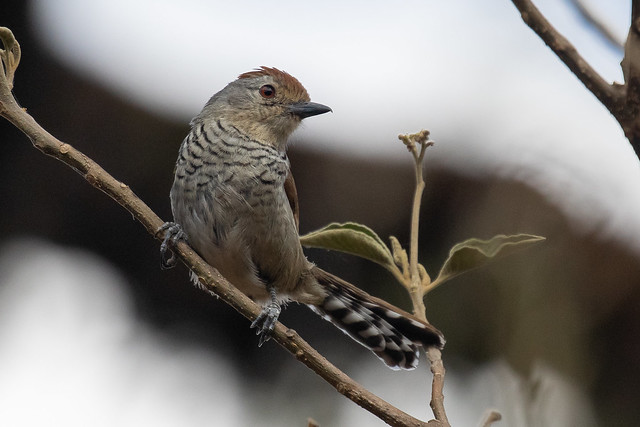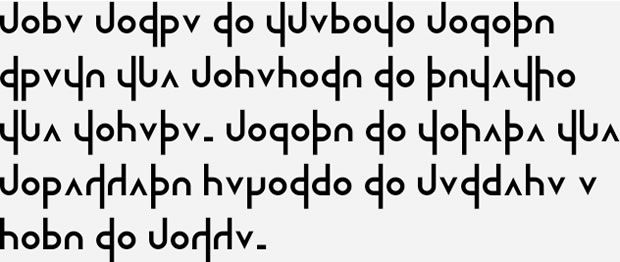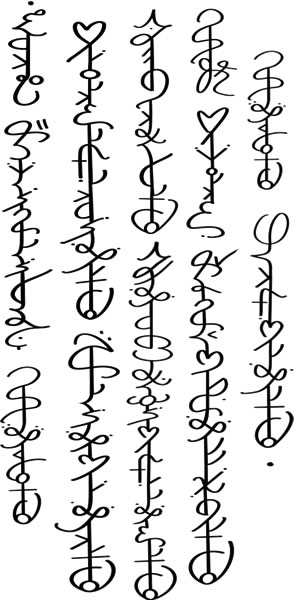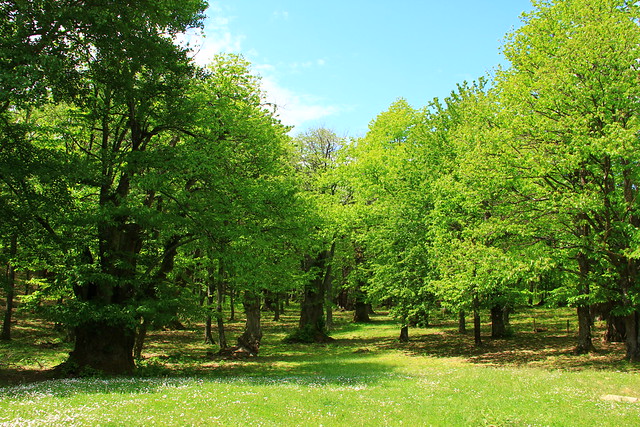Podcast: Play in new window | Download
In this episode we’re getting to grips with words for holding and and related things.
A Proto-Celtic word for to grab, seize, take or hold is *gabyeti, which comes from the Proto-Indo-European *gʰeh₁bʰ- (to grab, take) [source].
Descendents in the modern Celtic languages include:
- gabh [ɡavʲ/ɡo(ː)] = to take, arrest, go, come in Irish
- gabh [gav] = take, go, recite, break (in) in Scottish Gaelic
- gow = to take in Manx
- gafael [ˈɡavaɨ̯l/ˈɡaːvai̯l] = to hold, grasp, grip in Welsh
- gavel = capacity, grasp in Cornish
There doesn’t appear to be a related word in Breton.
The Spanish word gavilla (sheaf, gang, band) comes from the same Proto-Celtic root, via the Late Latin gabella and the Gaulish *gabali (taking, seizure) [source].
The word gwall (large amount), and which is apparently used in the English of Cork in Ireland comes from same Celtic roots via the Irish word gabháil (catch, seizure, assumption) [source].
Words from the same PIE roots include able, debt, debit, doubt and habit in English, avere (to have) in Italian, avoir (to have) in French, and haber (to hold, possess) in Spanish [source].
You can find more details of words for Taking Hold and related things on the Celtiadur blog. I also write about words, etymology and other language-related topics on the Omniglot Blog.
Radio Omniglot podcasts are brought to you in association with Blubrry Podcast Hosting, a great place to host your podcasts. Get your first month free with the promo code omniglot.




